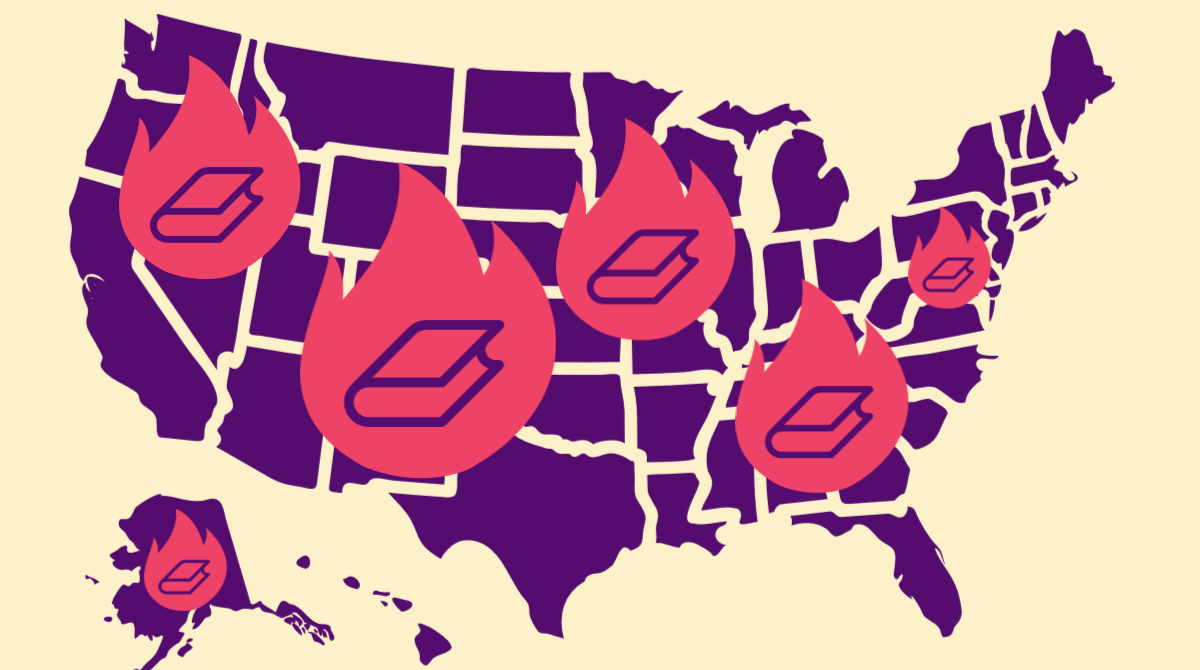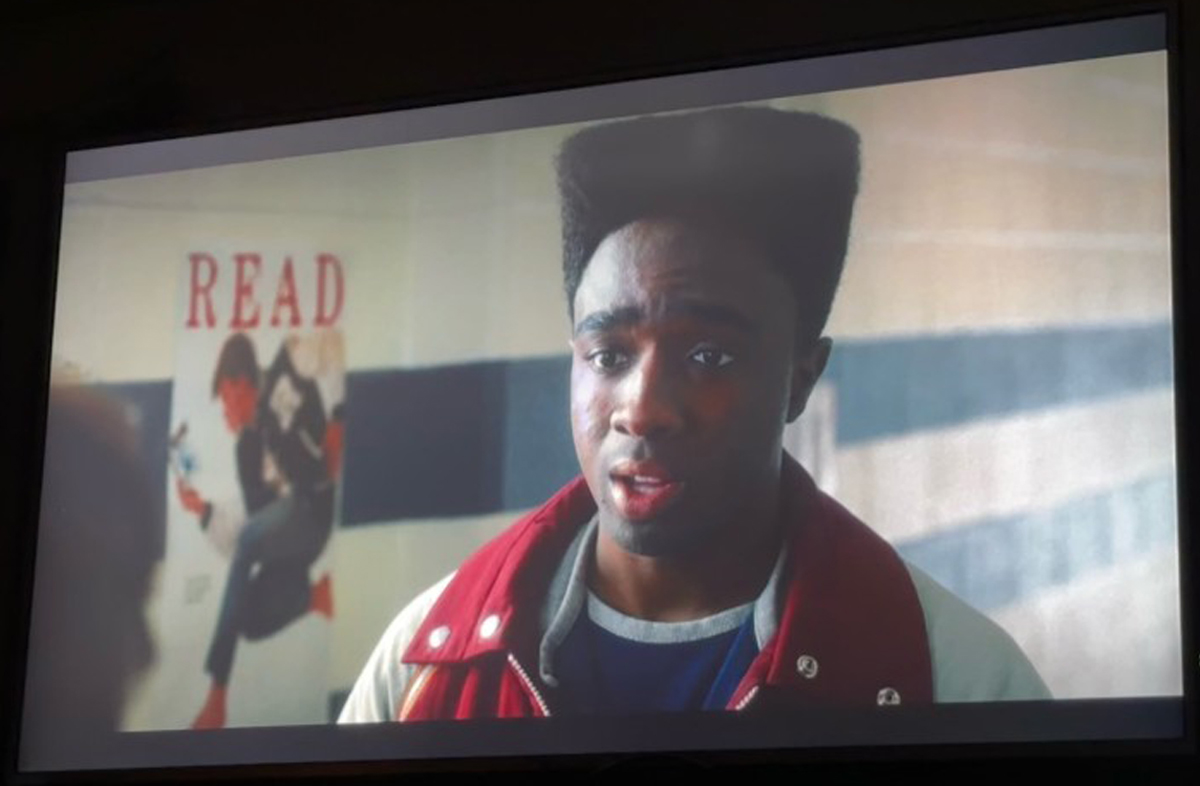Book challenges and bans are increasing in libraries and schools throughout the United States. To help spread the word about these activities and efforts to combat them by librarians, parents, students, politicians, and concerned citizens, I Love Libraries will highlight several stories each week on the current crisis. This roundup includes reports from Idaho, Ohio, Pennsylvania, and Virginia, as well as commentary on censorship from a First Amendment scholar. Please share widely.
Library culture wars trickling down to local Idaho politics
Meridian (Idaho) Library District Board of Trustees members watched during their April 20 board meeting as four Meridian residents “served” the board with letters related to potential tort claims. The issues at hand were enforcing a mask mandate, promoting critical race theory, and “disseminating obscene materials,” reports Idaho Press. These types of challenges and library fights are trickling down to the local level and, in Idaho, some Republicans are leading the charge against libraries and their books.
Ohio parents want to ban Butterflies
Milford (Ohio) Exempted Village Schools is reviewing a novel used in 10th-grade English language arts classes after two parents filed complaints, reports Daily Beast. One of the complainants said the book, In the Time of Butterflies by Julia Alvarez, exposed her child to “an unhealthy view of sexuality, pornography, and most important impeding her religious beliefs.”
Pennsylvania schools have banned books more often than every state but Texas since last summer
Pennsylvania school districts have banned books on 456 occasions over the last nine months, the second-highest total in the US, reports Philly Voice. Central York School District is responsible for 441 of them, but eight other districts banned books between last July and the end of March, according to an analysis from Pen America. Pennsylvania is behind only Texas, where 16 districts instituted 713 book bans.
Twenty-three Virginia school districts have taken books off shelves in past two years
To understand the landscape of book challenges in Virginia, the Richmond Times-Dispatch sent public records requests to each of the state’s 132 public school systems seeking information on books that had been removed or placed under review in the past two school years. Twenty-three school districts confirmed that they had taken at least one book out of circulation for content reasons, while 90 said no books had been brought up for review.
When are book bans unconstitutional? A First Amendment scholar explains
“The United States has become a nation divided over important issues in K-12 education, including which books students should be able to read in public school. Efforts to ban books from school curricula, remove books from libraries, and keep lists of books that some find inappropriate for students are increasing as Americans become more polarized in their views. These types of actions are being called ‘book banning.’ They are also often labeled ‘censorship.’ But the concept of censorship, as well as legal protections against it, are often highly misunderstood,” writes Erica Goldberg, associate professor of law at the University of Dayton, for The Conversation.
Take action
Alarmed by the escalating attempts to censor books? Here are five steps you can take now to protect the freedom to read.
- Follow news and social media in your community and state to keep apprised of organizations working to censor library or school materials.
- Show up for library workers at school or library board meetings and speak as a library advocate and community stakeholder who supports a parent’s right to restrict reading materials for their own child but not for allreaders.
- Help provide a safety net for library professionals as they defend intellectual freedom in their communities by giving to the LeRoy C. Merritt Humanitarian Fund.
- Educate friends, neighbors, and family members about censorship and how it harms communities. Share information from Banned Books Week 2021.
- Join the Unite Against Book Bans movement to learn what you can do to defend the freedom to read in your community.




